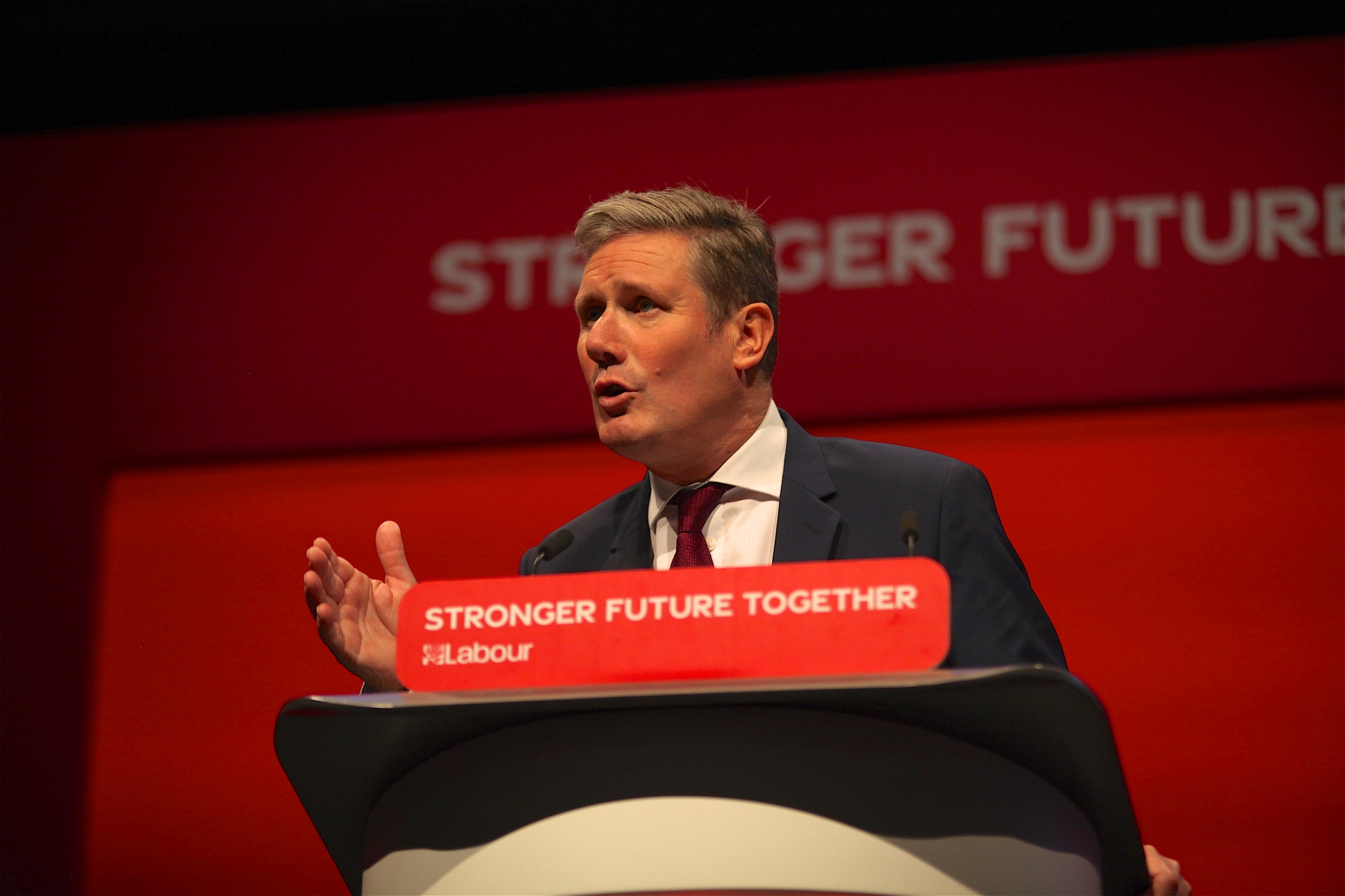This morning the government published their 10-year industrial strategy which confirmed plans to reduce energy costs for thousands of UK businesses.
In a bid to boost economic growth, prime minister Keir Starmer has revealed plans to slash green levies for thousands of businesses who are struggling to afford their energy bills. It is understood that they will come into effect from 2027.
The news comes as manufacturers have warned that ‘crippling’ power costs are far higher in the UK than for their competitors overseas.
Under the plans, Starmer has confirmed he will be removing the renewables obligation – a scheme that requires suppliers to buy a certain percentage of the power they sell from renewable sources. What’s more, the prime minister is also looking to relax rules around feed-in tariffs and the capacity market.
It is understood that the new measures will cut costs by up to £40 per megawatt hour for over 7,000 businesses and around 500 of the most energy-intensive firms, including the steel industry, chemicals and glassmaking, will see their network charges drop.
As it stands, these sectors receive a 60% discount through the British Industry Supercharger scheme, but this is set to increase to 90% from 2026.
When announcing the plans, Keir Starmer said he hoped it would be ‘a turning point for Britian’s economy and a clear break from the short-termism and sticking plasters of the past.
‘In an era of global economic instability, it delivers the long-term certainty and direction British businesses need to invest, innovate and create good jobs that put more money in people’s pocket as part of the plan for change.’
Deputy prime minister, Rachel Reeves, added: ‘The UK has some of the most innovative businesses in the world and our plan for change has provided them with the stability they need to grow and for more to be created.
‘Today’s industrial strategy builds on that progress with a ten-year plan to slash barriers to investment. It’ll see billions of pounds for investment and cutting-edge tech, ease energy costs, and upskill the nation. It will ensure the industries that make Britain great can thrive. It will boost our economy and create jobs that put more money in people’s pockets.’
Alongside focusing on plans to help businesses battle energy costs, the governments industrial strategy, which can be found in full here, also outlines ideas to use AI to drive productivity.
‘This morning’s announcements linking AI research, infrastructure and industrial capacity bring a welcome breadth of focus to the AI debate in the UK,’ Iju Raj, executive vice president of research and development at AVEVA, said. ‘If we are to harness the AI revolution to drive productivity and bring benefits for business, then we need to think not just about investing in the UK’s impressive AI research base, but also, we must focus on how to diffuse innovative applications into the real economy to solve urgent problems.
‘Policies which stimulate the uptake of AI, especially within the energy and industrial sectors, will help create a dynamic market for new innovations, which will in turn help to solve one of the most urgent challenges in the UK’s bid to be a science and tech superpower: the death of growth capital.’
Image via Shutterstock
In related news:
Netflix launches new documentary about the Grenfell Tower tragedy


















Leave a Reply